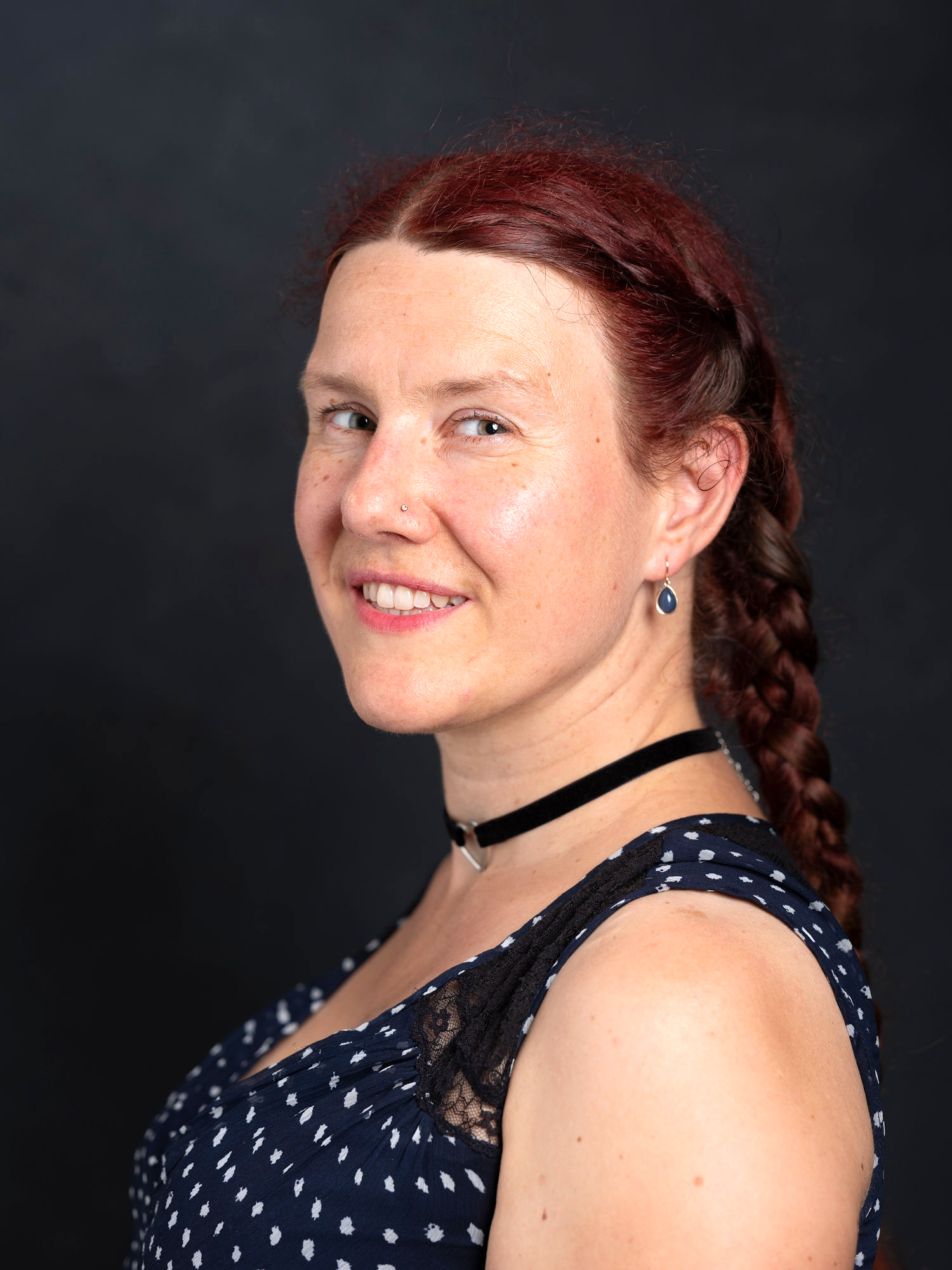By Martine Mussies
The journey of discovering one’s bisexuality is often a complex and nuanced experience, filled with moments of both uncertainty and revelation. For many, it’s a process of shedding societal expectations and embracing the fluidity of their desires. This was certainly true for me, a teenager from the Netherlands who embarked on a path of self-discovery around the year 2000.
Growing up, I found myself drawn to both men and women, but the societal narrative insisted on a binary choice: you were either straight or gay. This rigid dichotomy left me feeling confused and isolated, unable to fully comprehend the spectrum of my emotions. It was as if I were trapped in a world of black and white, while my heart yearned for the vibrant hues of a wider spectrum. As I delved deeper into the labyrinth of my identity, computers became my trusted companions. In the hushed stillness of the library near closing hours, I bathed in the soft glow of the computer screen and embarked on a digital odyssey that would forever alter the course of my life. The internet was still in its nascent stages, a wild frontier of uncharted knowledge and unexplored connections. Fueled by a burgeoning awareness of my own desires and a yearning for understanding, I hesitantly typed the words “how to know if you are lesbian or not” into the search engine, AltaVista, seeking answers that seemed elusive in the offline world.
The screen flickered, and with bated breath I awaited the results. What materialized before me was a revelation, a trove of information and narratives that resonated with the depths of my soul. I found stories of women who felt the way I did, who navigated the intricate maze of their identities with the same uncertainty and hope. It was as if I had stumbled upon a clandestine meeting of kindred spirits, a gathering where the language of the heart transcended the barriers of pixels and code. To me, the blogs and articles I discovered were like ancient scrolls, illuminating the uncharted territories of human emotions. They spoke of the complexities of desire, the beauty of diverse love, and the courage it took to embrace one’s true self. A profound sense of recognition washed over me. It was a moment of communion, not just with the voices behind the words, but with my own essence. In those digital pages, I found echoes of my own story, mirrored in the experiences of others who had dared to embark on similar quests for self-discovery.
In the years that followed, the internet continued to be my beacon, guiding me through the intricacies of relationships, self-acceptance, and love. Through the virtual tapestry of shared experiences, I discovered that my journey was not solitary but part of a vast, interconnected web of human stories. For the first time, I felt seen and understood, loved, accepted, and included. The internet had become my guide, a lighthouse illuminating the stormy seas of my emotions. The internet has given me the language to articulate the kaleidoscope of my desires, allowing me to embrace my bisexuality with newfound confidence. My encounters with the digital realm were transformative. Anonymous pen pals on ICQ and MSN became trusted confidantes with whom I could explore my identity without fear or judgment. In the vast expanse of the online world, I found not only answers but also the courage to ask questions, to challenge norms, and to celebrate the beautiful complexity of my own being.
The flickering screen became a portal to a world of shared experiences, where others like me were grappling with the same questions and uncertainties. Through online forums and chat rooms, I discovered a community of individuals who embraced the fluidity of their attractions, defying the rigid labels imposed by society. This revelation was both liberating and empowering. It was as if a weight had been lifted from my shoulders, allowing me to breathe freely for the first time. I realized that my identity was not defined by a single label, but rather by the tapestry of my experiences and emotions. I was not confined to a binary choice; I could embrace the full spectrum of my desires without apology or explanation. The journey of self-discovery is often a lifelong process, filled with twists and turns. But the revelation that I didn’t have to choose, that I could embrace the fluidity of my bisexuality, was a pivotal moment in my journey. It allowed me to shed the burden of societal expectations and embrace the authenticity of my own unique identity.
However, amid the digital euphoria, shadows loom large. The internet, for all its magnanimity, can be a treacherous terrain, especially for bi+ individuals. Online spaces, much like their offline counterparts, can be plagued by prejudice, ignorance, and discrimination. Hate speech, biphobia, and erasure seep through the cracks of the digital world, reminding us that the internet is but a reflection of the society from which it is born. The lack of safety and support in online spaces is a bitter pill to swallow. For the internet to truly serve as a positive and useful space for all bi+ people, there must be a collective endeavour to foster empathy, understanding, and acceptance. Education is the cornerstone upon which this new paradigm must be built. By dismantling stereotypes and amplifying diverse voices, we can create a digital landscape that is as inclusive as it is informative.
Martine Mussies is an artistic researcher and autistic academic in the Netherlands. She is a PhD candidate at the Centre for Gender and Diversity of Maastricht University, writing her thesis on the Cyborg Mermaid. Her interests include Asian studies, autism, medievalism, mermaids, music (ology), (neuro)psychology, karate, King Alfred, and science fiction. www.martinemussies.nl

